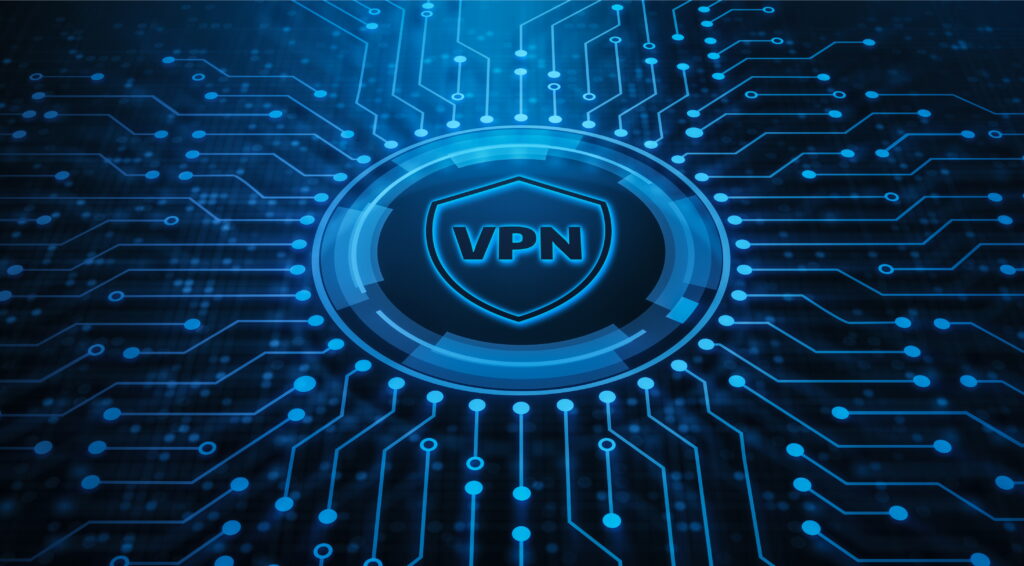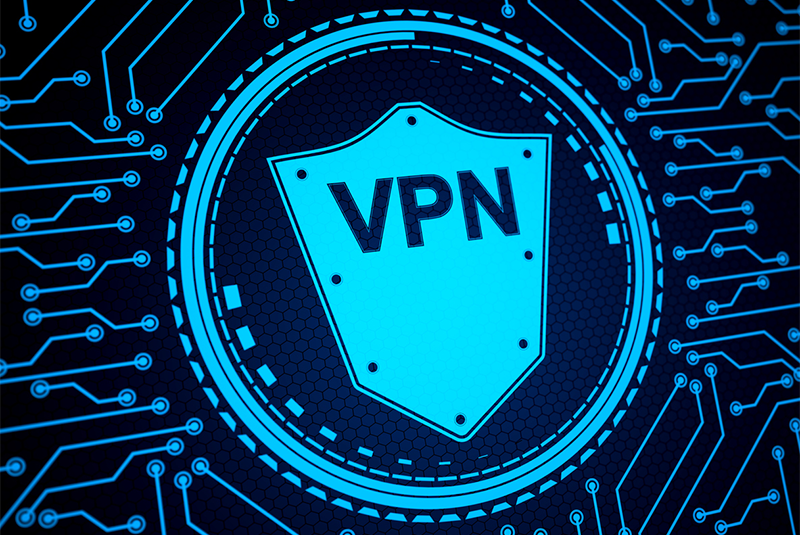As more and more people become aware of how dangerous the open, unprotected internet can be, many are turning to virtual private networks (VPNs) to boost their security, preserve their privacy, and defend themselves against online risks. The virtual private network (VPN) industry will reach 44.6 billion dollars worldwide by 2022.
But just what is a VPN? Will VPN services like Urban VPN will provide online privacy? Do you need one, too? This comprehensive guide to VPNs will address each of these queries in detail.
What is a VPN, and How a VPN work?
The need for businesses to allow remote access to computer systems using the same login credentials as someone connecting from their home network gave rise to VPNs. Usually, this would need a lot of wiring and technical expertise, but by setting up a VPN client, you can convince the machine you’re communicating with that you are a part of the same network.
A VPN uses encryption to ensure users’ internet connections from their device to all the networks are safe.
Sensitive information and data can be transmitted securely from one end to the other thanks to the secure connection. Additionally, it protects users from unauthorized eavesdroppers intercepting their traffic. Users can work uninterrupted as a result.
When you use a VPN, your traffic is redirected through one of its servers over an encrypted tunnel, changing your actual IP address. It combines many types of network infrastructure, including VPN servers and VPN software. A VPN tunneling protocol (or VPN client program) and a remote server are required to create a secure connection.
Are VPNs safe?
It can be risky to connect to unsecured WiFi in a cafe or airport. While browsing, hackers can access these networks and gather your banking information, passwords, and social security number. Reliable VPNs protect your traffic with 256-bit encryption, which is highly safe.
When transferring critical documents over the network, employees can maintain their privacy with the aid of a VPN. It is frequently used by businesses that use remote workers to provide secure communication, for instance, between a worker’s network and a company network.
It makes sure that no one, not even the apps and services you use, can share your personal information. When installing apps that frequently collect or transfer your data for advertising, most users don’t read the fine print. The websites you are browsing are hidden from even your ISP.
This is advantageous because it allows your ISP to create a personal profile of your online behavior that advertisers may use to target you with adverts. If required, it may also be disclosed to the government. With a VPN, the data is encrypted to make it incomprehensible, preventing its use against you. Reputable providers have their no-logs claims validated in court or by independent audits.
The greatest option to stop the provider from disclosing your data to outside parties is to get a no-logs VPN. Your digital footprint will be preserved even if the authorities are successful in getting your provider to grant them access. Simply said, this is due to the company’s inability to offer information that does not exist.
How do I set up a VPN?
Enhancing your online privacy is possible with a virtual private network (VPN). You can browse the web anonymously and safely because it conceals your identity. Thankfully, setting one up doesn’t require being a tech whiz. It’s a simple procedure. Take a deeper look at how to configure a VPN in this section.
- Select a dependable VPN service.
- Download the VPN application for your device or operating system after acquiring a VPN subscription.
- After installing the VPN software on your device, sign in to the VPN provider with your credentials (through the VPN app).
- To use the internet privately and freely, connect to a VPN server.
Why a VPN is necessary for online privacy?
The website or online service you’re using doesn’t know your IP address, which also masks your identity and location.
It also stops your ISP and, consequently, your government from monitoring your online activities. Your ISP can only see that you are connected to the VPN server IP; nothing else.
Your data is encrypted, ensuring that it cannot be read by a third party and maintaining your security. This is especially important if you’re utilizing a public WiFi network and viewing unsecured websites that don’t use TLS/SSL to encrypt the connection.
In rare circumstances, your browsing history can land you in serious trouble. Take China, for example, and you visit a political forum where people voice anti-government sentiments.
Without a VPN, your ISP may see everything you do online. ISP data is frequently easily accessible to government agencies in nations with tight internet regulations.
Because of their capacity to reroute and encrypt information, VPNs have become a popular tool for anyone looking for online security, anonymity, or the ability to bypass censorship and prohibited content.
Will a VPN make me 100% anonymous?
While VPNs can protect your privacy, they do not entirely obliterate your online identity. Someone can view what you have been doing because some VPN service providers can access your data. A VPN does not prevent a website from recognizing you, either. It’s crucial to maintain reasonable expectations for your online behavior even while you look for the best privacy protection options. Examine the organization’s log encryption policy, so you are aware of what to expect.
The future of VPNs
With our lives moving more and more online and individuals becoming more aware of their vulnerability, the use of VPNs will only expand. Additionally, consumers will want to utilize a VPN more, given that nations like the U.S. are introducing anti-privacy legislation that permits internet service providers to monitor what their customers are doing online. The majority of internet users do not use the internet for its more sinister purposes, but they nevertheless wish to utilize it in a way that gives them some measure of anonymity.
However, it appears that VPNs will advance and expand much beyond merely enhancing users’ online security and privacy. This is because technology is constantly improving and getting simpler to use, and some web browsers are attempting to incorporate VPNs into their programs regularly.


